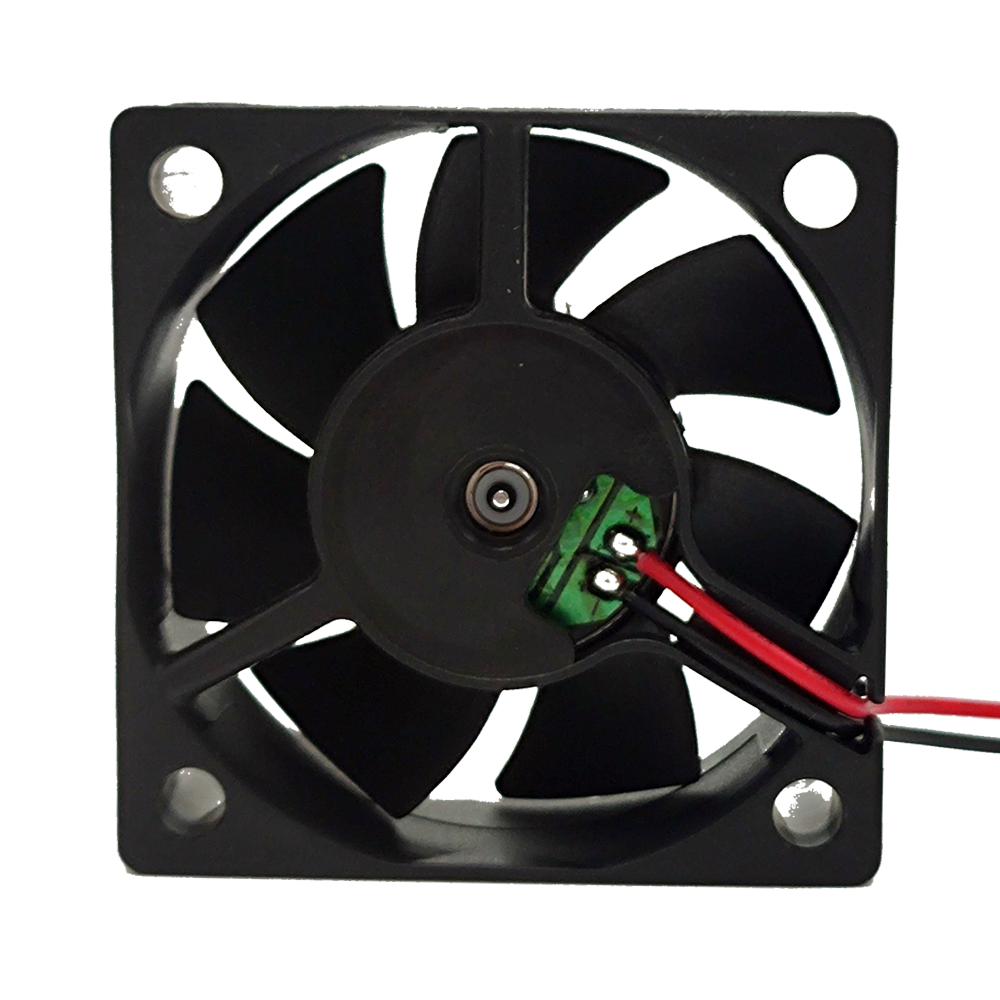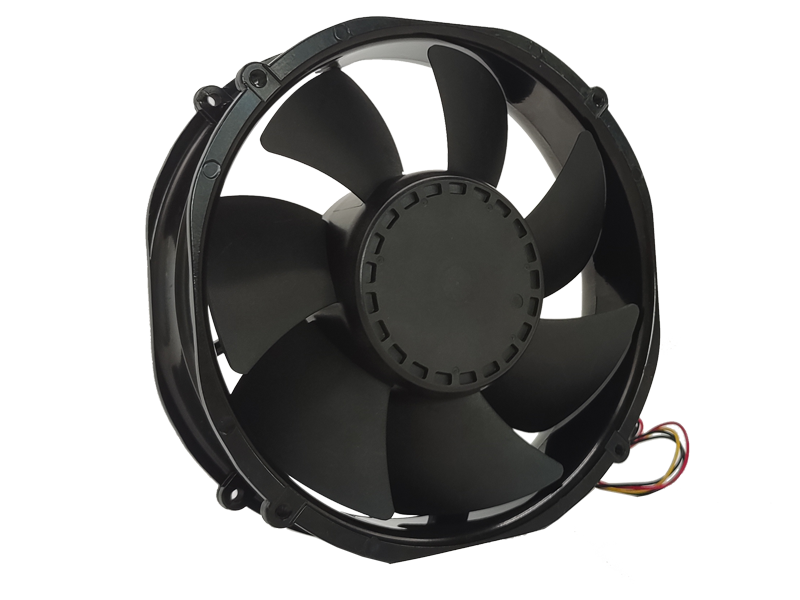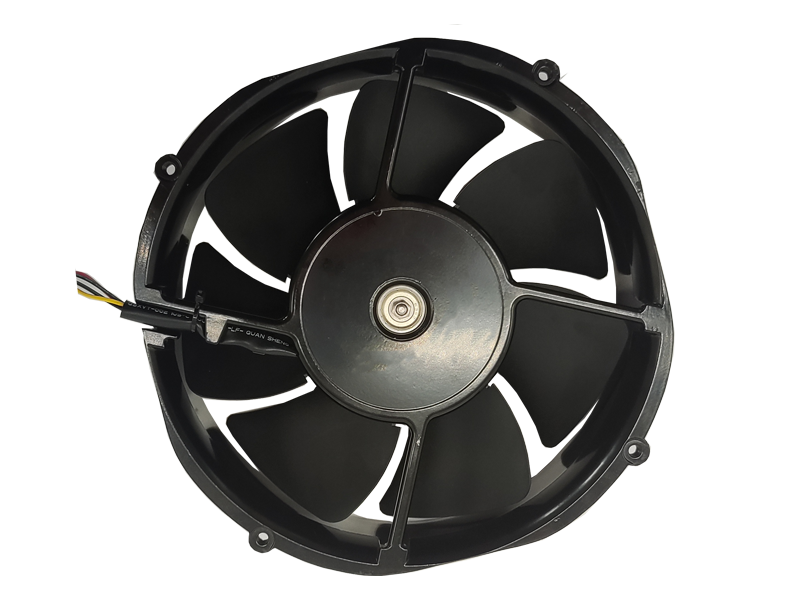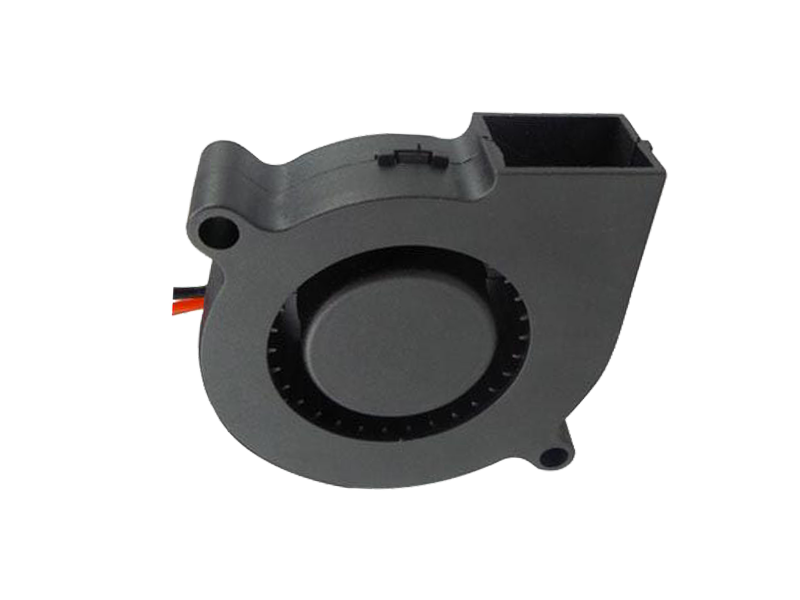Introduction
As industries face mounting pressure to decarbonize, industrial fans are emerging as critical components in sustainable manufacturing. This article explores how product teams are redesigning fans for energy efficiency, recyclability, and integration with renewable energy systems – transforming them from energy consumers to enablers of sustainable production.
I. Energy Efficiency: The First Frontier
Improving fan efficiency delivers immediate carbon reduction:
IE5 Motor Standards
A Swedish paper mill upgraded to IE5 synchronous reluctance motors, reducing energy use by 38% per fan. Annual CO2 savings reached 1,200 tons per plant.
Aerodynamic Optimization
CFD-redesigned impellers in UK water treatment plants increased efficiency from 62% to 84%. A 22% energy reduction cut annual electricity bills by £380,000.
Demand-Controlled Ventilation
CO2 sensors linked to VFDs in Spanish greenhouses reduced fan runtime by 57% during off-peak hours. Crop yields increased by 18% due to improved climate control.
II. Renewable Energy Integration
Industrial fans are becoming key components in renewable systems:
Solar-Powered Ventilation
A California winery installed PV-powered fans for barrel room ventilation. The system provides 14 hours/day of operation during harvest season with zero grid dependency.
Geothermal Heat Exchange
Finnish data centers use ground-source heat pumps with industrial fans for server cooling. This reduced cooling energy use by 90% compared to traditional HVAC.
Wind-Assisted Cooling
Hybrid systems in Dutch greenhouses combine axial fans with wind turbines. When wind speeds exceed 4m/s, turbines supplement fan power, cutting grid consumption by 23%.
III. Circular Design Principles
Product teams are adopting life-cycle thinking:
Modular for Recyclability
A German automotive supplier designed fans with 92% recyclable content. Magnetic couplings allow easy motor separation, boosting steel recovery rates from 65% to 94%.
Bio-Based Materials
Flax fiber-reinforced polypropylene blades in French agricultural fans reduce petroleum dependency. After 5 years, blades are shredded for composting.
Remanufacturing Programs
A US HVAC manufacturer offers fan core exchanges. Refurbished units use 72% less energy in production and sell for 65% of new pricing, diverting 1,200 tons/year from landfills.
IV. Carbon-Neutral Manufacturing
Leading companies are decarbonizing production:
Green Steel Components
A Swedish fan manufacturer uses hydrogen-reduced steel. This cuts embedded carbon by 89% compared to traditional blast furnace steel.
Closed-Loop Casting
Aluminum foundries in Norway recover 97% of machining swarf for remelting. Each fan housing now contains 42% recycled content.
Renewable-Powered Foundries
A Mexican motor manufacturer operates a 100% solar-powered casting line. Daily output of 2,000 motor housings achieves zero scope 1 emissions.
V. Case Study: Zero-Emission Mine Ventilation
A collaborative project in Canada’s Ontario province demonstrates system-level sustainability:
Power Source: Methane-powered generators from mine gas

Fan Technology: High-efficiency EC motors with MgO varnish for corrosion resistance
Control System: AI-optimized ventilation matching personnel locations
Results after 12 months:
100% elimination of grid electricity use
83% reduction in ventilation-related emissions
Annual cost savings of $2.1 million CAD
Conclusion
The industrial fan industry is pivoting from energy consumer to sustainability enabler. By embracing circular design, renewable integration, and carbon-conscious manufacturing, product teams are creating fans that align with global decarbonization goals. The future belongs to manufacturers who view sustainability not as a compliance burden but as a source of competitive advantage – delivering fans that reduce environmental impact while enhancing operational efficiency. This transformation requires reimagining fans as components of sustainable systems rather than isolated products, marking a new era in industrial airflow solutions.
Recommended Products

The main purpose:Car charging station

The main purpose:Car charging station

The main purpose:Electronic refrigerators, water dispensers, direct drinking machines, inverter power supplies
Address:No. 4137, Longgang Avenue (Henggang Section), Henggang Community, Henggang Street, Longgang District, Shenzhen
hotline:13530005572(Chen)15112579390(Li)


Welcome all friends to come for consultation and negotiation.
Copyright 2024 @ Shenzhen Youneng Xinyuan Electronics Co., Ltd.,(industrial fans,industrial blowers,axial fans,cooling fans manufacturer,centrifugal fans,ac cooling fans,dc cooling fans)